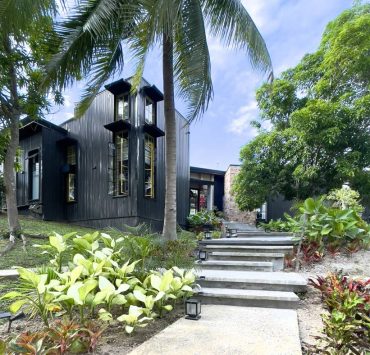DOH: Medical aid program never tied to Cha-cha drive
An official of the Department of Health (DOH) denied on Wednesday that the beneficiaries of the agency’s Medical Assistance to Indigent and Financially Incapacitated Patients (MAIFIP) were being asked to become signatories in a people’s initiative to amend the Constitution.
“The only consideration of the DOH for the distribution of [MAIFIP] is their circumstance as evaluated by a licensed social worker at a hospital or health facility,” DOH deputy spokesperson Albert Domingo told reporters.
On Monday, Sen. Imee Marcos claimed that some lawmakers and local government officials were being tapped to provide a list of government aid beneficiaries, including those under the DOH’s MAIFIP, who could provide signatures purportedly to push for Charter change (Cha-cha).
Guidelines
Asked whether the senator’s allegation had reached the DOH, Domingo said: “The only information [or] reports we receive are about the proper utilization of [MAIFIP].”
“We adhere to and will carry out the guidelines of DOH Administrative Order 2023-0016,” he added, referring to the new guidelines issued in August last year for the implementation of MAIFIP.
Formerly called MAIP, or the Medical Assistance to Indigent Patients, the social program of the DOH was created in 2014 to ease the out-of-pocket spending of indigents needing medical services outside the coverage of the Philippine Health Insurance Corp.
According to Domingo, there are 81 DOH-run hospitals, 550 local government hospitals, 511 private hospitals and 20 treatment and rehabilitation centers nationwide where patients can avail of financial assistance under MAIFIP.
Garbin vs Lagman
Also on Wednesday, former Ako Bicol Rep. Alfredo Garbin Jr., who chaired the House committee on constitutional amendments in the 18th Congress, denied that signatures for a people’s initiative were “bought” during the Jan. 5 meeting of the League of Municipalities of the Philippines-Albay chapter at a hotel in Legazpi City.
“I maintain that there was no such release of money or flow of funds that transpired in the meeting with the purview that it will be in exchange for the voter’s signature. There is nothing illegal that transpired during the meeting. Interestingly, election laws allow campaign expenditures to be incurred by candidates or political parties in order to lodge a campaign and generate votes,” he said in a statement.
Garbin was reacting to accusations made on Monday by Albay Rep. Edcel Lagman, who said Ako Bicol party list coordinators gave away cash to some mayors who were tapped to obtain signatures for the Cha-cha petition.
‘Buying signatures’
Lagman then said the mayors gathered in the meeting “received from Ako Bicol coordinators 50 percent of the total amount of P100/voter constituting 3 percent of the total voters per municipality compromising their legislative districts.”
He also said Garbin and incumbent Ako Bicol Rep. Raul Angelo Bongalon were present in the meeting.
“Buying signatures” for such an exercise, Lagman said, violated Section 261 of the Omnibus Election Code, in relation to Section 19 of Republic Act No. 6735 or the Initiative and Referendum Act, which prohibits vote-buying and selling.
Garbin challenged Lagman to file cases in court, saying “Imputations of crimes thrown my way and to those dragged into the fray… must come to an end.’’
“If he has the evidence against us for the imputed violation of the law, I suggest that he file a case in court where all matters are clearly established and the truth threshed out. Trust that on our part, we are also looking at all possible legal remedies, as well,” he added. —Reports from Kathleen de Villa and Jeannette Andrade INQ
















